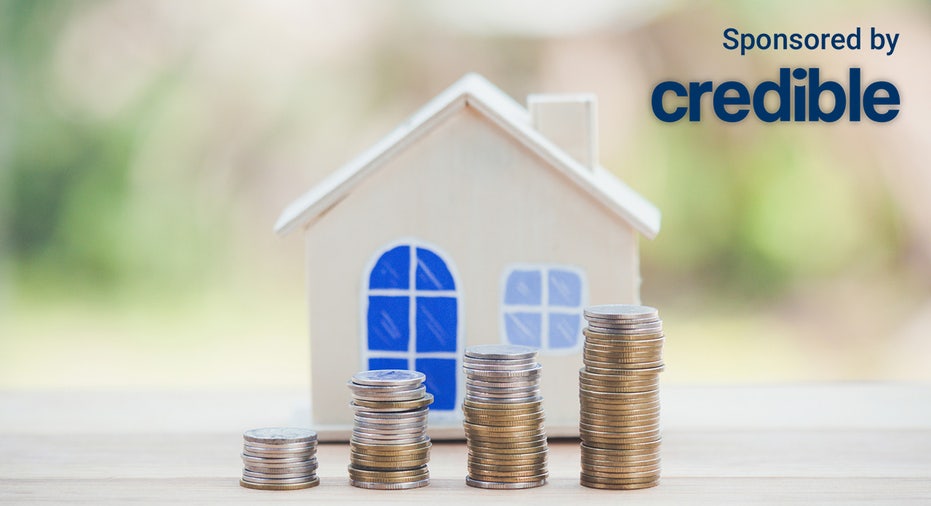Mortgage rates drop, could rise again amid Fed’s rate hike
The demand for homes continues to slow

Mortgage rates dropped this week, but the decrease could be temporary after the Fed's recent rate hike.
Mortgage rates slid significantly this week, but the Federal Reserve’s recent rate hike could soon cause this decrease to reverse course.
The 30-year fixed-rate mortgage dropped to 5.3% for the week ending July 28, according to Freddie Mac’s Primary Mortgage Market Survey. This is down from 5.54% last week but up from 2.8% last year.
Similarly, other mortgage terms also decreased including the 15-year mortgage rate, which dropped to 4.58%. This is down from 4.75% last week but up from 2.1% last year. The five-year Treasury-indexed hybrid adjustable-rate mortgage (ARM) also decreased to 4.29%, down from 4.31% last week but up from 2.45% last year.
If you want to take advantage of lower rates before they rise again, you could consider refinancing to lower your monthly mortgage payments. Visit Credible to find your personalized interest rate without affecting your credit score.
FED RAISES INTEREST RATES AGAIN — HERE’S HOW IT AFFECTS YOUR WALLET
Mortgage rates could soon rise
Although mortgage rates are down this week, one expert said this may not last very long.
The Federal Open Market Committee (FOMC) announced Wednesday that it is raising the federal funds rate by 75 basis points, bringing the target range to 2.25% to 2.5%. This was the fourth rate hike of this year.
The Federal Reserve previously raised interest rates by 75 basis points in June, marking the largest rate hike since 1994. It also raised interest rates by 50 basis points in May and by 25 basis points in March. And more rate hikes from the central bank are likely on the horizon.
After the market has time to process the latest rate hike, it could send mortgage rates much higher in the weeks ahead.
"For consumers, the Fed’s rate increase will have a tangible effect in the next couple of months," George Ratiu, Realtor.com's manager of economic research, said in a statement. "The interest rate on credit cards is likely to go up within one-to-two billing cycles, as is the rate for new car loans.
"Similarly, borrowers who have adjustable-rate mortgages – or those who are expecting to sign up for one soon – can expect to see a bump in rates," Ratiu said. "And importantly for many Americans who have a private, variable-rate student loan, they could experience a rise in their interest charges within the next month."
If you want to take advantage of today's interest rates, you could consider refinancing your mortgage loan to save money on both your monthly payments and over the life of the loan. Visit Credible to compare multiple mortgage lenders at once and choose the one with the best interest rate for you.
BANK OF AMERICA SAYS TO EXPECT 'MILD RECESSION' THIS YEAR
Demand for homes falls
As mortgage rates continue to rise, consumers are less likely to enter the housing market, causing the demand for homes to drop.
"Purchase demand continues to tumble as the cumulative impact of higher rates, elevated home prices, increased recession risk, and declining consumer confidence take a toll on homebuyers," Freddie Mac Chief Economist Sam Khater said. "It’s clear that over the past two years, the combination of the pandemic, record low mortgage rates, and the opportunity to work remotely spurred greater demand. Now, as the market adjusts to a higher rate environment, we are seeing a period of deflated sales activity until the market normalizes."
If you are planning to buy a house soon, comparing rates from multiple lenders can help you get a lower rate. If you have any mortgage questions, you can contact Credible to speak to a home loan expert.
Have a finance-related question, but don't know who to ask? Email The Credible Money Expert at moneyexpert@credible.com and your question might be answered by Credible in our Money Expert column.




















